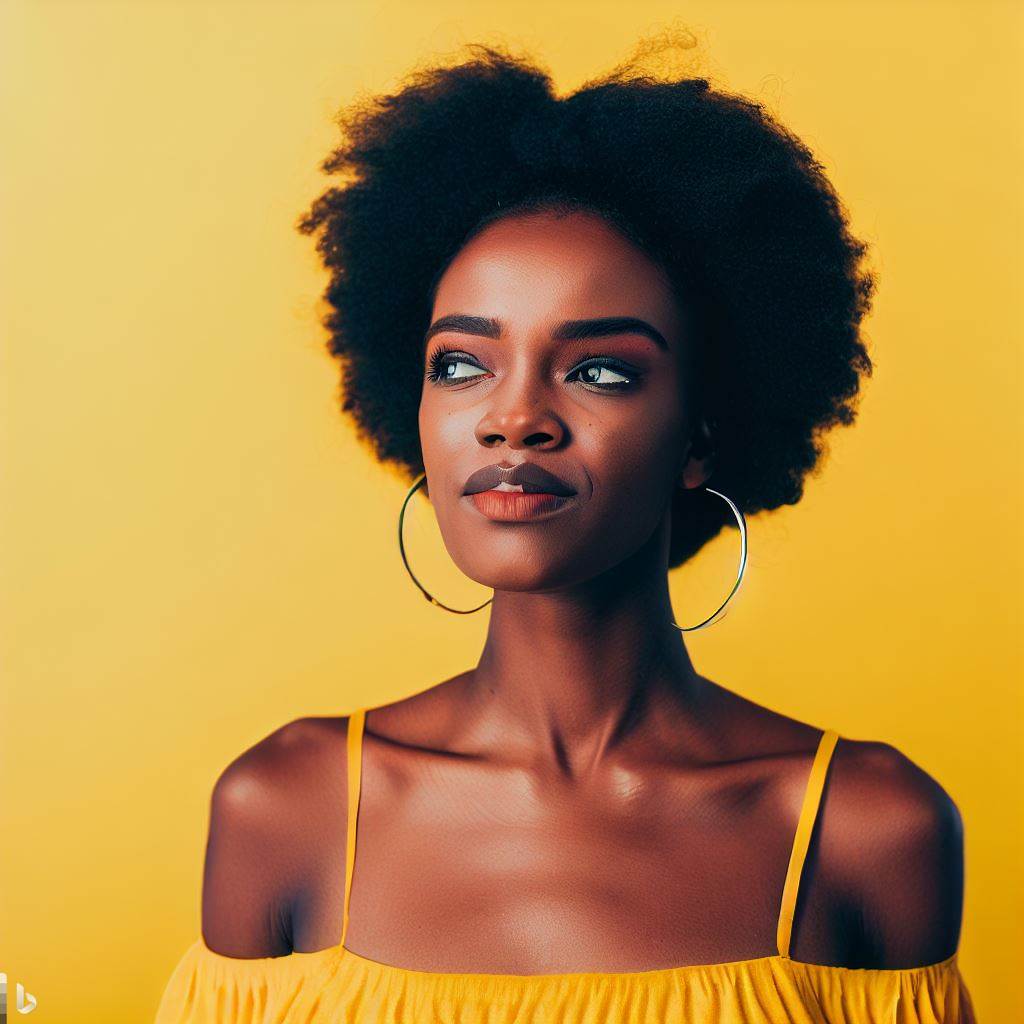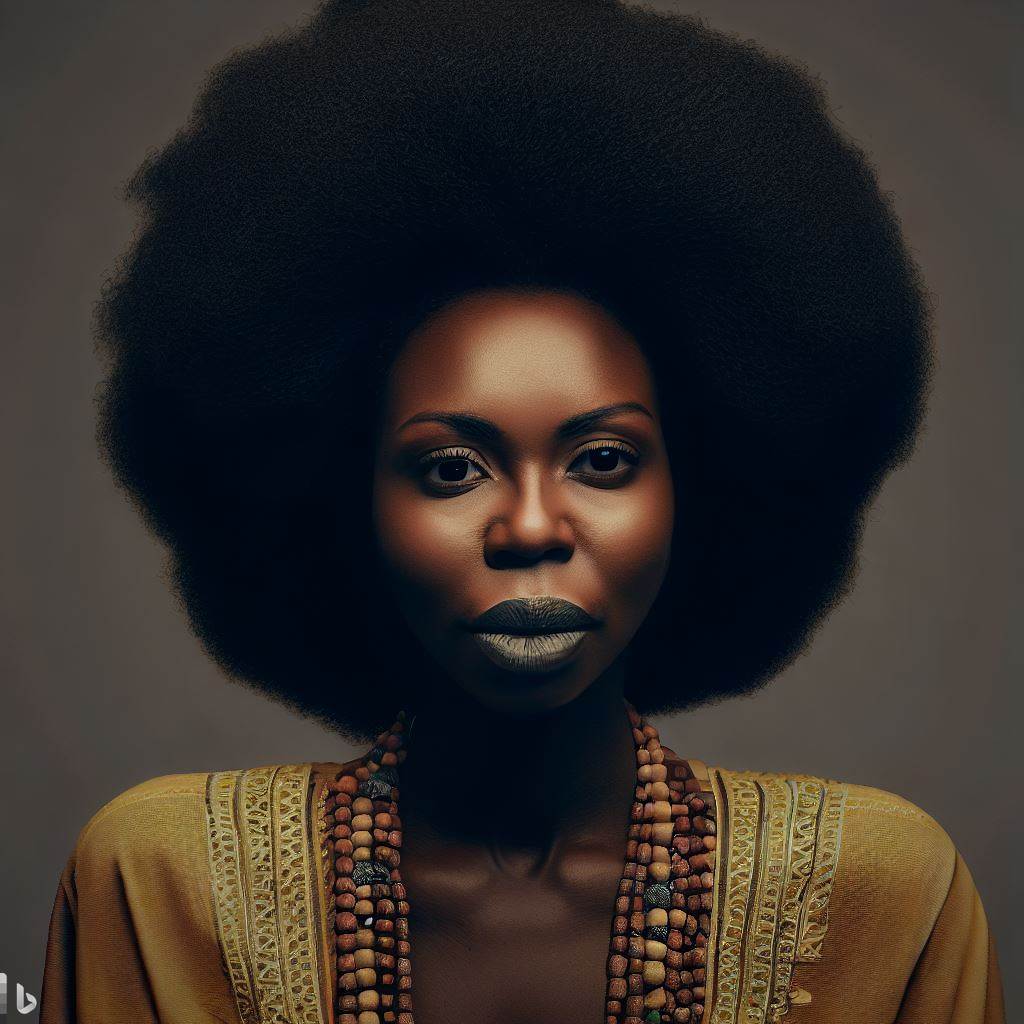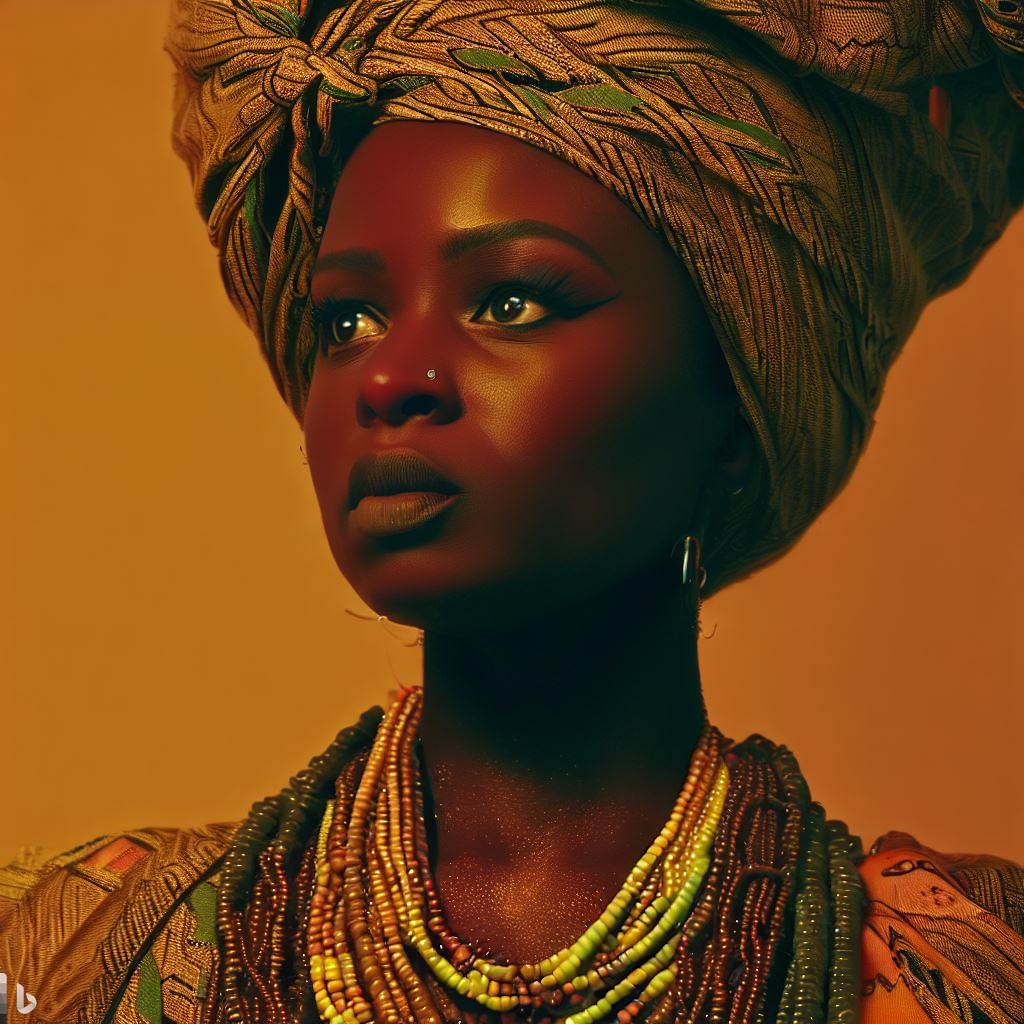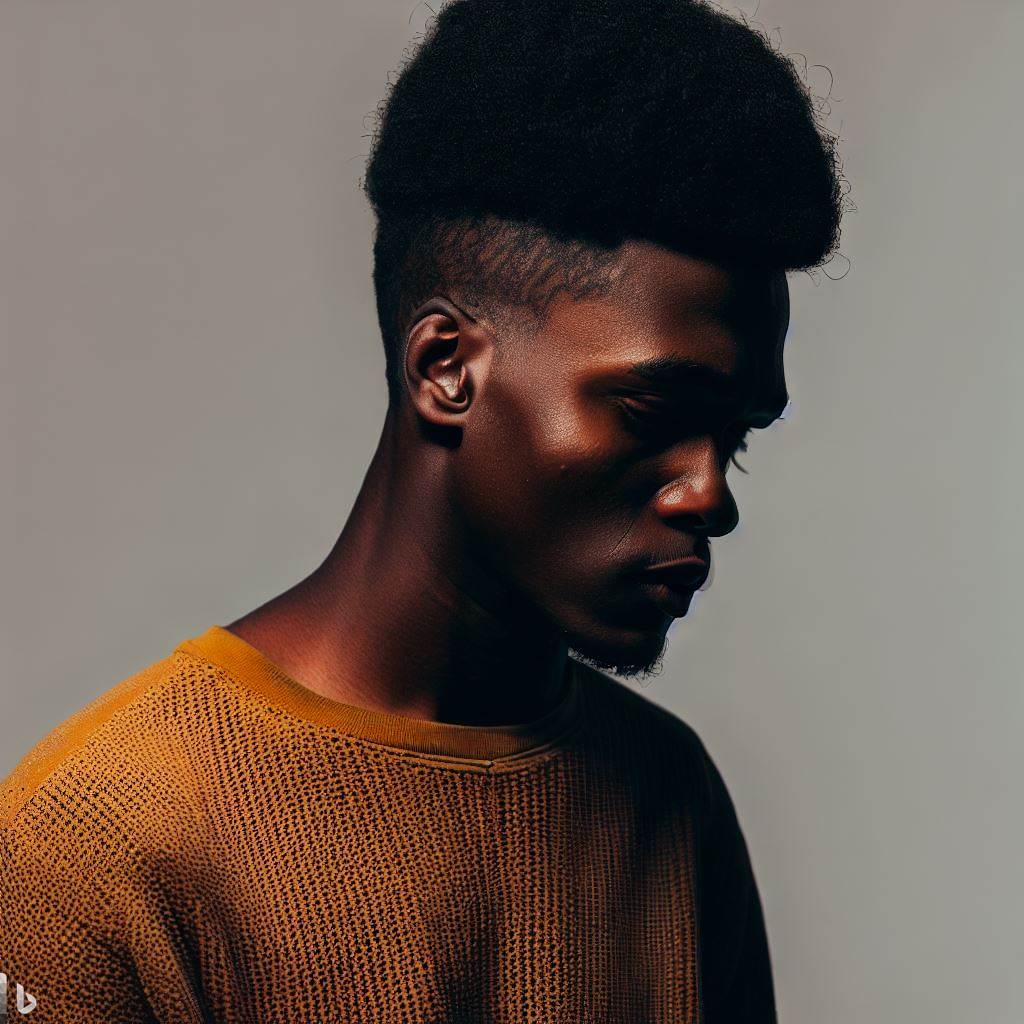Introduction
Copyright laws in Nigeria serve as the legal backbone for protecting the creative works of Nigerian songwriters.
Understanding the significance of copyright protection is paramount for Nigerian songwriters to safeguard their intellectual property.
In this blog post, we’ll delve into the world of copyright laws, highlighting their role in preserving the artistic endeavors of Nigerian songwriters.
- What are Copyright Laws?
Copyright laws grant creators exclusive rights to their original works, ensuring they control how their creations are used. - Why are Copyright Laws Important for Nigerian Songwriters?
- Protection: Copyright laws shield songwriters from unauthorized use, reproduction, or distribution of their music.
- Ownership: They establish clear ownership rights, allowing creators to benefit from their work.
- Financial Gains: Copyright protection facilitates earning royalties from music usage and sales.
- Recognition: It ensures proper attribution and acknowledgment of songwriters’ contributions.
- Creativity Encouragement: Copyright laws motivate songwriters by ensuring they reap the rewards of their creativity.
Nigerian songwriters, like all artists, need to grasp the significance of copyright laws in safeguarding their musical masterpieces.
Understanding Copyright Laws in Nigeria
Definition and scope of copyright
Copyright is an exclusive right granted to creators of original works to control the use and distribution of their creations.
In Nigeria, copyright protection extends to various forms of artistic works, including music, literature, and visual arts.
Overview of the Nigerian Copyright Act
The Nigerian Copyright Act is the legislative framework that governs copyright in Nigeria.
It provides protection for authors and creators, including songwriters, by granting them exclusive rights to their works and enabling them to derive economic benefits from their creations.
Key provisions related to songwriters’ rights
The Nigerian Copyright Act bestows songwriters with exclusive rights over their musical compositions, including:
- Reproduction: Songwriters solely authorize the reproduction of their songs, preventing unauthorized copying.
- Distribution: Control over how their music reaches the public, whether physically or digitally.
- Public Performance: Exclusive right to perform songs in public, whether live or through broadcast.
- Communication to the Public: Songwriters have the sole authority to transmit their music via various mediums.
- Adaptations and Translations: The right to create adaptations or translations while retaining original copyright.
Additionally, the Act recognizes moral rights, ensuring songwriters are credited as authors and can protect their reputation.
The protection lasts for the songwriter’s lifetime plus 70 years, after which the work enters the public domain.
Understanding these copyright laws is paramount for Nigerian songwriters to safeguard their creative endeavors effectively.
Read: Monetizing Your Music: Songwriters in Nigeria
Copyrightable Works for Songwriters
Types of musical works protected under copyright law
- Songwriters have the right to protect their original musical compositions.
- Original compositions include melodies, chords, lyrics, and arrangements.
- Instrumental compositions, including orchestral and solo pieces, are also protected.
- Any form of musical expression that is fixed in a tangible medium can be copyrighted.
- This includes songs with or without lyrics, instrumental compositions, and even jingles.
Differentiating between sound recordings and compositions
- Sound recordings refer to the specific physical embodiment of a musical composition.
- It is the actual recorded version of a composition, such as a CD or digital file.
- Compositions, on the other hand, refer to the underlying musical works.
- They include the melodies, lyrics, and chords that make up the musical piece.
- Sound recordings and compositions are distinct entities in terms of copyright protection.
Importance of understanding the distinction for songwriters
- Understanding the distinction is crucial for songwriters to protect their rights effectively.
- While sound recordings may be protected, the underlying compositions also require separate protection.
- Songwriters should register their compositions with the Nigerian Copyright Commission (NCC).
- This registration ensures legal proof of ownership and facilitates infringement claims.
- By registering compositions, songwriters can seek damages for unauthorized use and reproduction.
- Moreover, understanding the distinction allows songwriters to exploit their compositions fully.
- Songwriters can earn royalties from performances, mechanical licenses, synchronization licenses, and more.
- Moreover, songwriters can negotiate fair licensing and royalty agreements with music publishers and distributors.
- Protecting compositions also enables songwriters to retain control over their creative works.
- Songwriters can decide how their compositions are used and who can perform or record them.
- They can grant licenses to others while maintaining ownership rights and collecting royalties.
Essentially, songwriters in Nigeria have the right to protect their original musical compositions. This includes songs with or without lyrics, instrumental compositions, and even jingles.
It is important for songwriters to understand the distinction between sound recordings and compositions.
While sound recordings refer to the physical embodiment of a musical composition, compositions encompass the underlying musical works.
By understanding this distinction, songwriters can effectively protect their rights, register their compositions with the appropriate authorities, and exploit their works to their full potential.
Read: How to Break into Songwriting in Nigeria Today
Ownership and Registration of Copyright
Determining ownership of copyright in a song
- Ownership of copyright in a song is determined by the author or authors of the work.
- In Nigeria, the author of a song is considered the first owner of the copyright.
- If multiple authors collaborate on a song, they are joint owners of copyright.
Importance of registering copyright to establish evidence
- Registering copyright provides legal evidence of ownership and protects the songwriter’s rights.
- It serves as proof in case of any dispute or infringement of the copyrighted song.
Steps to register a copyright in Nigeria
- Complete Form CR1 – Copyright Registration Form, available on the Nigerian Copyright Commission (NCC) website.
- Gather all necessary supporting documents, including the lyrics, music sheet, or audio recording.
- Pay the required fee for registration through NCC’s designated online payment platform.
- Submit the completed Form CR1 and supporting documents to the NCC office or their designated regional office.
- The NCC will review the application and issue a copyright certificate if all requirements are met.
- The copyright certificate serves as proof of registration and ownership of the song.
In essence, determining ownership of copyright in a song relies on the authors of the work. Registering copyright is crucial for Nigerian songwriters as it establishes evidence of ownership and protects their rights.
To register a copyright in Nigeria, songwriters need to complete the Copyright Registration Form, provide supporting documents, pay the registration fee, and submit the application to the NCC.
Obtaining a copyright certificate from the NCC serves as proof and ensures the songwriter’s rights are safeguarded.
Read: Successful Women Songwriters in the Nigerian Scene
Rights and Limitations for Nigerian Songwriters
Exclusive economic rights of songwriters
- Reproduction Right: Nigerian songwriters have the exclusive right to reproduce their songs in any format.
- Distribution Right: Songwriters have the right to distribute their music to the public through various channels.
- Public Performance Right: Songwriters can control the public performance of their songs, including live performances and radio broadcasts.
- Communication to the Public Right: Nigerian songwriters have the right to communicate their music to the public through platforms like streaming services.
- Rental and Lending Right: Songwriters have the right to authorize leasing or lending of their musical works.
- Adaptation Right: Songwriters can create derivative works based on their original compositions, such as remixes or translations.
Duration and expiration of copyright protection
- The Copyright Act of Nigeria provides songwriters with protection for their lifetime plus 70 years after their death.
- After this period, the songs enter the public domain and can be used without permission.
- However, if songs are created jointly, the duration is calculated based on the last surviving creator.
- It’s essential for Nigerian songwriters to keep track of the copyright duration to maximize their economic benefits.
Limitations and exceptions to copyright
- Fair Use: Nigerian songwriters should be aware of the fair use doctrine, which allows limited use of copyrighted material for purposes such as criticism, commentary, or educational use.
- Parody: Songwriters should understand that the use of their work in parodies is generally considered a fair use exception.
- Traditional Works: Some Nigerian traditional songs may not be protected by copyright as they fall under the public domain.
- Compulsory Licensing: In certain cases, songwriters may not have control over the use of their songs due to compulsory licensing provisions.
- Educational Use: Nigerian songwriters should be aware that their works can be used for educational purposes without seeking permission.
- International Treaties: Nigerian songwriters should also consider international treaties like the Berne Convention, which provides them with copyright protection in multiple countries.
- Moral Rights: In addition to economic rights, songwriters are entitled to moral rights, which include the right to be identified as the author and the right to protect the integrity of their work.
- Collective Management Organizations (CMOs): Songwriters can join CMOs to collectively manage their rights and ensure proper compensation for their use.
- Copyright Infringement: Nigerian songwriters must be vigilant and take legal action against any infringement of their copyright-protected works.
- Contractual Agreements: Songwriters should carefully review and negotiate contracts with record labels, publishers, or other collaborators to protect their rights and ensure fair compensation.
Lastly, Nigerian songwriters enjoy exclusive economic rights, but their copyright protection has a time limit.
Understanding limitations and exceptions to copyright laws is crucial for them to protect their interests and maximize their economic benefits.
Joining CMOs, knowing international treaties, and being aware of fair use and moral rights are vital in navigating the music industry.
Read: Famous Nigerian Songwriters: Stories of Triumph

Protecting Copyright as a Nigerian Songwriter
Practical advice on protecting creative works
- Register your copyright with the Nigerian Copyright Commission (NCC) to establish legal ownership.
- Include a copyright notice on all your creative works, such as songs, lyrics, and musical compositions.
- Keep detailed records of the creation process, including drafts, revisions, and dates.
- Use confidential agreements or non-disclosure agreements when sharing your creative works with others.
- Consider using watermarking or digital signatures to deter unauthorized use of your songs online.
- Regularly monitor online platforms and music streaming services for potential copyright infringement.
Utilizing licensing and collective management organizations
- Join relevant collective management organizations (CMOs) like the Musical Copyright Society Nigeria Limited (MCSN).
- CMOs handle licensing, royalties, and protecting copyrights on behalf of songwriters.
- Register your songs with CMOs to ensure proper royalty collections and enforcement of copyright.
Seeking legal remedies against copyright infringement
- Consult an intellectual property lawyer to understand your rights as a songwriter in Nigeria.
- If you suspect infringement, gather evidence such as copies of the infringing work and relevant timestamps.
- Send a cease and desist letter to the infringing party, demanding them to stop using your copyrighted material.
- Consider alternative dispute resolution methods like negotiation or mediation to resolve copyright disputes.
- If necessary, file a lawsuit in a Nigerian court to protect your copyright and claim damages.
Remember, these steps provide general guidance, but consulting a legal professional is crucial for personalized advice related to your specific situation.
By taking proactive measures and understanding the legal framework, Nigerian songwriters can protect their creative works and ultimately thrive in the music industry.
International Copyright Considerations
Overview of international copyright treaties and agreements
- International copyright treaties and agreements play a crucial role in protecting the rights of Nigerian songwriters.
- By signing these treaties, Nigeria has committed to providing copyright protection to foreign songwriters and vice versa.
- The most important international copyright treaties include the Berne Convention, WIPO Copyright Treaty, and the Rome Convention.
- These treaties ensure that Nigerian songwriters have protection and can enforce their rights in other countries.
- Being a member of these treaties enables Nigerian songwriters to have better opportunities in the global music industry.
The Berne Convention and its implications for Nigerian songwriters
- The Berne Convention is an international agreement that sets the standard for copyright laws across nations.
- As a member of the Berne Convention, Nigeria recognizes the rights of foreign songwriters and grants them protection.
- Nigerian songwriters also receive protection in countries that are signatories to the Berne Convention.
- This means that their songs are protected without the need for registration or formalities in these countries.
- The Berne Convention harmonizes copyright laws globally and promotes fair treatment for Nigerian songwriters.
Importance of understanding cross-border copyright protection
- Understanding cross-border copyright protection is crucial for Nigerian songwriters who want to expand their reach globally.
- Without knowledge of international copyright laws, songwriters may face challenges in enforcing their rights in foreign markets.
- Understanding the legal framework in different countries helps Nigerian songwriters navigate licensing, royalties, and infringement issues.
- This knowledge allows them to avoid legal disputes and ensure they receive proper compensation for their work worldwide.
- Additionally, understanding cross-border copyright protection enables Nigerian songwriters to build strategic partnerships with international artists and publishers.
By familiarizing themselves with international copyright treaties and agreements, Nigerian songwriters can protect their intellectual property and leverage opportunities in the global music industry.
The Berne Convention, as a significant treaty, grants them automatic protection in other member countries, eliminating the need for complex registration processes.
Understanding cross-border copyright protection helps Nigerian songwriters avoid legal issues and maximize their potential for success on a global scale.
Copyright Infringement: Detection and Enforcement
Signs of copyright infringement in the music industry
- Unauthorized use or reproduction of copyrighted music without permission.
- Similarities or plagiarism in melody, lyrics, or overall composition of a song.
- Distribution or selling of copied or pirated music without proper licensing or authorization.
- Sampling or using parts of copyrighted music without obtaining necessary rights.
- Unauthorized cover versions of songs without obtaining proper permissions.
Steps to take if copyright infringement is suspected
- Conduct thorough research and gather evidence to establish the infringement.
- Consult with a legal professional experienced in copyright law for guidance.
- Send a formal cease and desist letter to the infringing party, stating the violation and demanding immediate action.
- If the infringement persists, consider filing a lawsuit and seeking legal remedies.
- Keep detailed records of all communication and actions taken throughout the process.
Remedies and legal actions for copyright infringement in Nigeria
- Injunctions: Court orders to immediately stop the infringing activities.
- Damages: Monetary compensation for the losses incurred due to the infringement.
- Account of profits: Gaining access to the profits made by the infringing party through the unauthorized use.
- Delivery up or destruction: Requiring the infringing party to deliver or destroy the infringing copies of the music.
- Criminal prosecution: In cases of severe infringement, criminal charges can be filed against the infringer.
It is crucial for Nigerian songwriters to be vigilant and proactive in protecting their copyright. Detection of infringement can prevent unauthorized use and protect the economic interests of the artists.
If any signs of infringement are noticed, immediate action is necessary to enforce copyright laws effectively.
By taking appropriate legal measures, songwriters can safeguard their creative work and ensure they are fairly compensated for their talent and efforts.
Conclusion
Recap of key points discussed in the blog post
In this blog post, we have explored the important topic of copyright laws for Nigerian songwriters. We learned about the basic requirements for copyright protection, such as originality and fixation.
Also, we discussed how songwriters can automatically gain copyright protection for their work.
We delved into the benefits of registering copyrights with the Nigerian Copyright Commission (NCC), including the ability to enforce legal actions against infringement and the establishment of a public record of ownership.
Furthermore, we examined the different types of copyrights that songwriters can secure, such as musical works and sound recordings.
We also highlighted the duration of copyright protection in Nigeria, which extends throughout the lifetime of the creator plus an additional 70 years.
Encouragement for Nigerian songwriters to protect their work
To all Nigerian songwriters out there, it is crucial to protect your musical creations.
Copyright laws exist to safeguard your intellectual property and ensure that you receive the recognition and financial benefits you deserve for your hard work and talent.
Take the necessary steps to secure your copyrights by registering with the NCC. By doing so, you can assert your rights and enjoy the peace of mind that comes with knowing your work is legally protected.
Importance of staying informed about copyright laws in the country
It is essential for Nigerian songwriters to stay informed about copyright laws in the country.
Legislation and regulations surrounding intellectual property can evolve, so it is crucial to keep up with any changes that may affect your rights as a songwriter.
By staying informed, you can ensure that you are always in compliance with the law and take advantage of any new protections or benefits that may arise.
Stay connected with resources such as the NCC website and professional organizations to stay knowledgeable and protect your creative endeavors.




